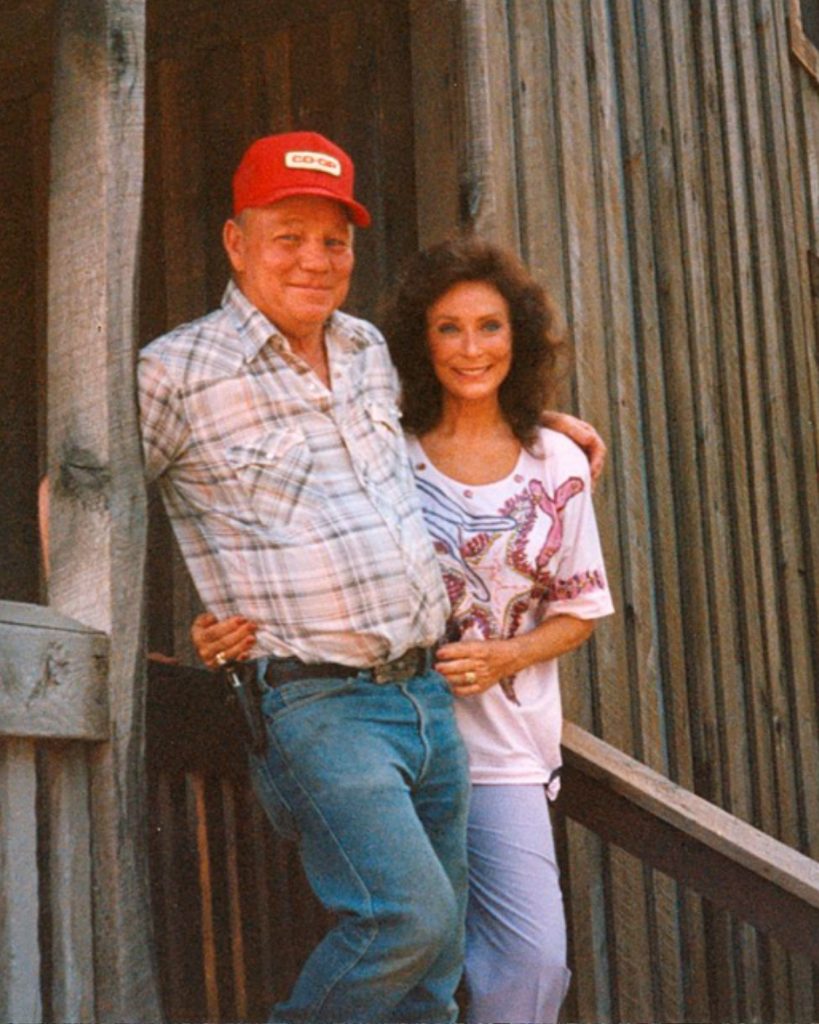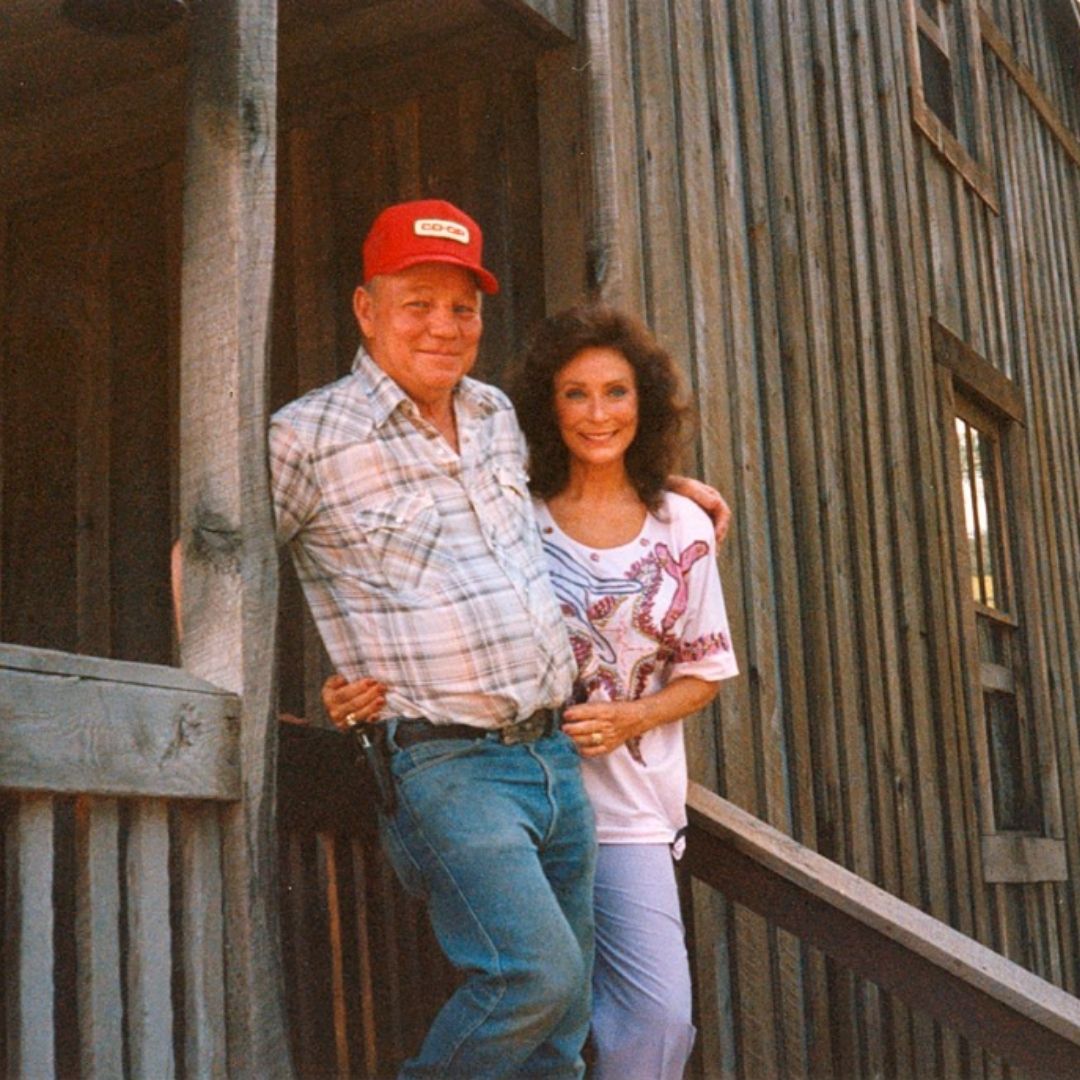
Introduction
Imagine it’s the 1960s, a time when men largely dominated the country music scene, and female voices often tiptoed around sensitive subjects. Then comes Loretta Lynn, a powerhouse with a story to tell and a voice that would shake the norms of the industry. Her hit, “Don’t Come Home A-Drinkin’ (With Lovin’ on Your Mind),” was more than just a song—it was an anthem for women everywhere, a declaration of self-respect that set the stage for a new kind of honesty in country music.
About the Composition
- Title: Don’t Come Home A-Drinkin’ (With Lovin’ on Your Mind)
- Composer: Loretta Lynn and Peggy Sue Wright
- Premiere Date: 1966
- Album: Don’t Come Home A-Drinkin’ (With Lovin’ on Your Mind)
- Genre: Country
Background
Released during a period when women’s voices in country music often played secondary roles, Loretta Lynn’s song tackled an uncomfortable yet resonant issue—the hardships of dealing with a spouse who drinks. Inspired by her own life experiences, Lynn wrote this song to call out behavior that many women endured quietly. This bold move resonated powerfully with listeners, particularly women, who saw their own struggles reflected in her lyrics. The song hit number one on the Billboard Hot Country Singles chart, becoming Loretta’s first chart-topper and proving that country music could have a raw, authentic, and female voice at the forefront.
Musical Style
Don’t Come Home A-Drinkin’ is firmly rooted in the traditional country sound, with elements of honky-tonk that give it a bold and brassy edge. The steady beat and strumming pattern mirror the frustrations expressed in the lyrics, while Lynn’s vocal delivery adds an almost confrontational tone. Her voice, both commanding and relatable, complements the song’s straightforward structure. The result is a piece that’s instantly memorable, carrying a timeless quality that keeps it relevant even today.
Lyrics/Libretto
The lyrics of “Don’t Come Home A-Drinkin’ (With Lovin’ on Your Mind)” are striking in their directness. They tell the story of a woman who has had enough of her partner’s late nights and intoxicated advances, refusing to let love become conditional upon enduring neglect or disrespect. The song’s narrative centers around themes of self-respect, independence, and boundary-setting, which were groundbreaking for the time. Lynn’s unfiltered language gave women a rare voice in country music—a voice that didn’t shy away from real-life marital issues.
Performance History
Since its release, Don’t Come Home A-Drinkin’ has been a staple in Loretta Lynn’s performances. Audiences responded passionately to her live renditions, often relating on a deeply personal level. Over the decades, the song has maintained a significant place in country music history, serving as both a fan favorite and an important milestone in the genre’s evolution. Lynn’s performances reinforced her reputation as a pioneering figure for women in music, someone unafraid to share her truth with honesty and humor.
Cultural Impact
Don’t Come Home A-Drinkin’ did more than just top the charts—it became a cultural statement. The song’s message empowered women to speak out and demand respect, resonating beyond country music. Loretta Lynn’s honesty inspired a wave of female artists to embrace personal storytelling, influencing countless musicians who followed. Additionally, the song’s themes found new life in covers by other artists and appearances in media, becoming a reference point for the female experience in the music world.
Legacy
Loretta Lynn’s “Don’t Come Home A-Drinkin'” remains a timeless anthem of resilience. Its straightforward, powerful message continues to resonate, speaking to audiences who value authenticity in music. As part of Lynn’s groundbreaking repertoire, the song helped pave the way for the open expression of women’s experiences in country music. Even today, it stands as a reminder of the power of music to influence and uplift—inviting modern listeners to look back at where country music has been and where it’s headed.
Conclusion
Don’t Come Home A-Drinkin’ (With Lovin’ on Your Mind) is as iconic as it is empowering. Its direct lyrics, traditional musical elements, and bold storytelling continue to strike a chord with audiences, reminding us of Loretta Lynn’s fearless approach to music. If you’re new to this piece, consider listening to Lynn’s original recording or watching one of her live performances to fully appreciate its impact. Loretta Lynn didn’t just sing—she told the truth, and that truth still echoes across generations of country music lovers today
Video
Lyrics
Well, you thought I’d be waitin’ up when you came home last night
You’d been out with all the boys and you ended up half tight
Liquor and love, they just don’t mix
Leave that bottle or me behind
And don’t come home a drinkin’ with lovin’ on your mind
No, don’t come home a drinkin’ with lovin’ on your mind
Just stay out there on the town and see what you can find
‘Cause if you want that kind of love, well, you don’t need none of mine
So don’t come home a drinkin’ with lovin’ on your mind
You never take me anywhere because you’re always gone
Many a night I’ve laid awake and cried here all alone
Then you come in a kissin’ on me it happens every time
So don’t come home a drinkin’ with lovin’ on your mind
No, don’t come home a drinkin’ with lovin’ on your mind
Just stay out there on the town and see what you can find
‘Cause if you want that kind of love, well, you don’t need none of mine
So don’t come home a drinkin’ with lovin’ on your mind
No, don’t come home a drinkin’ with lovin’ on your mind
